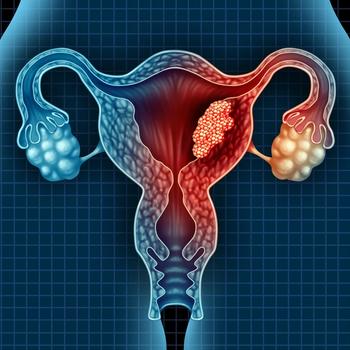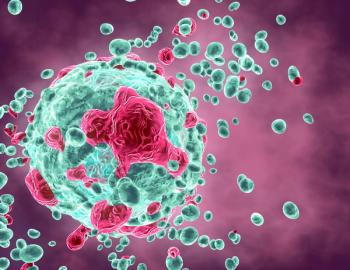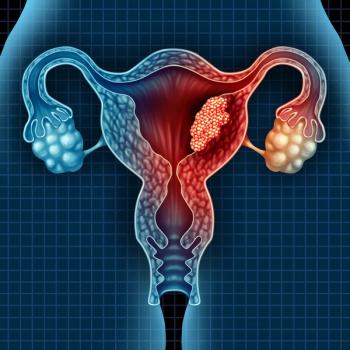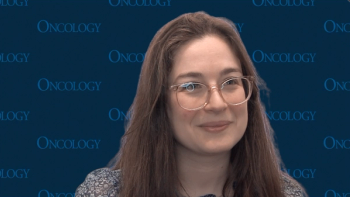
|Videos|September 24, 2011
A Paradigm Shift in the Treatment of Endometrial Cancer
Author(s)Don S. Dizon, MD
Don Dizon, MD, Brown University, discusses the paradigm shift in the treatment of endometrial cancer with the use of medical therapy, including chemotherapy with biologics, mTOR inhibitors combined with chemotherapy, and targeted therapies.
Advertisement
Don Dizon, MD, Brown University, discusses the paradigm shift in the treatment of endometrial cancer with the use of medical therapy, including chemotherapy with biologics, mTOR inhibitors combined with chemotherapy, and targeted therapies.
Newsletter
Stay up to date on recent advances in the multidisciplinary approach to cancer.
Advertisement
Latest CME
Advertisement
Advertisement
Trending on CancerNetwork
1
Modifiable Risk Factors Suggest Potential for Improving Cancer Prevention
2
Barriers to CAR T-Cell Referral and Center Access in Multiple Myeloma
3
2026 Tandem Meetings: What’s the Latest Research in Multiple Myeloma?
4
Real World Outcomes of CAR T-Cell Therapy in Multiple Myeloma Including Older and Comorbid Patients
5




































